All kids need rules, but some parents take it overboard and become far too strict.

Putting too many restrictions in place doesn’t ultimately help kids as they become adults. In fact, it can lead them to develop some pretty damaging traits and habits that ultimately work against them.
1. They often become people-pleasers.

Strict parents often have unrealistic expectations of their children, and their approval hangs on those expectations being met. As a result, the children often develop people-pleasing tendencies, bending over backward to make everyone happy, even when it’s not their job. This can lead to them neglecting their own needs and relying on external validation for their sense of self-worth.
2. They experience analysis paralysis.
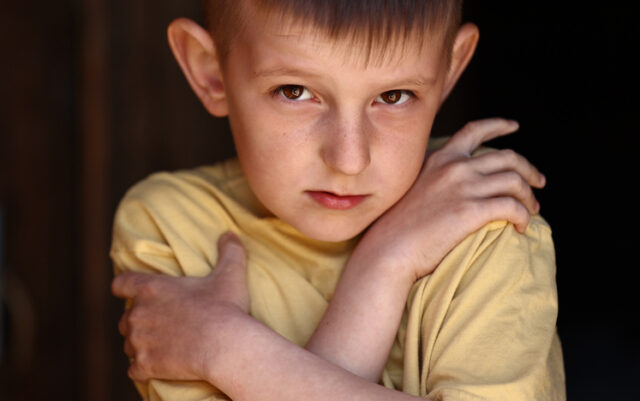
In strict households, it’s the parents who usually make the decisions, which means their children don’t get a chance to develop their own judgement and autonomy. When they grow up, they’re totally unequipped to decide anything for themselves, even small things like what to have for lunch or what shirt to wear. This kind of analysis paralysis can lead them to make bad decisions in the end, or none at all.
3. They’re perfectionists.

Trying to meet their parents’ exacting standards can turn these children into perfectionists who can’t accept anything less than flawless. Given that true perfection isn’t possible, they can become crippled by their so-called shortcomings, leading to low self-esteem and even self-hate.
4. They’re sticklers for the rules.
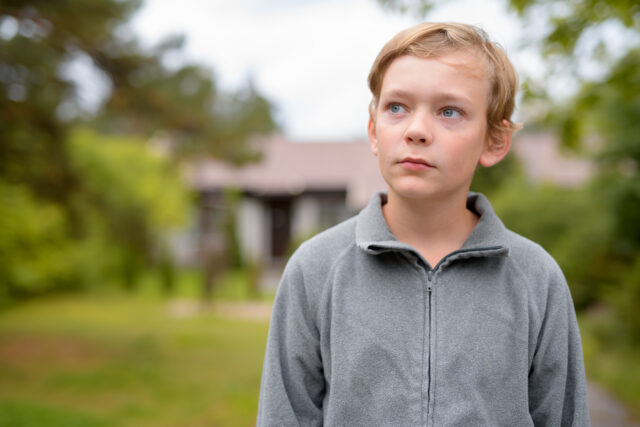
Strict households often have clearly defined rules and expectations, and adhering to them is non-negotiable. As a result, these kids often grow up to be sticklers for rules, even when the rules are outdated, unfair, or simply don’t make sense. They refuse to challenge authority, even when it would be in their best interest to do so.
5. They struggle with expressing their feelings.
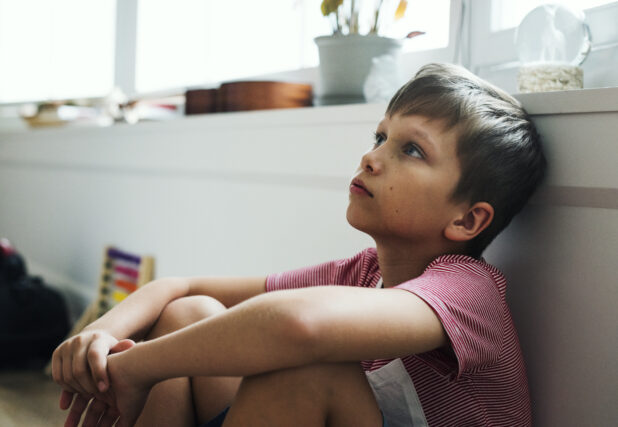
In strict households, emotional expression might be discouraged or seen as a sign of weakness. Because these kids don’t want to incur their parents’ wrath, they learn to keep things to themselves and compartmentalise. When they get older, this can be a very difficult habit to break, especially since they’re often totally disconnected from their emotions by this point.
6. They have low self-esteem.

Growing up with constant criticism, high expectations, and conditional love can and usually does destroy self-esteem. Children might internalise negative messages about themselves, feeling inadequate, unworthy, or incapable of meeting their parents’ standards. As adults, they doubt themselves a lot, feel terrified of failure, and need a lot of external validation to have any modicum of self-belief.
7. They’re overly cautious and avoid taking risks.
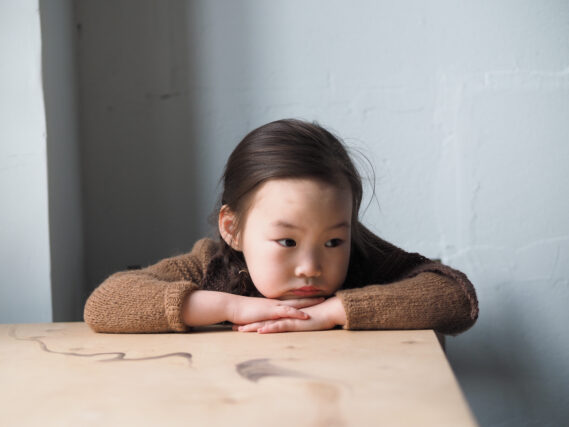
Strict parents tend to discourage or even totally ban taking risks, instead pushing caution at every turn. This makes their children terrified of messing up or failing, and they end up sticking to their comfort zones as a result. As adults, this makes them miss out on some amazing opportunities as well as self-growth.
8. They end up with trust issues.

When trust is conditional on meeting parental expectations, it can be challenging to develop healthy trust in other people. Children learn to be guarded, suspicious, or sceptical of other people’s motives. As a result, they carry this into adulthood and find it hard to get close to people or be vulnerable. Instead, they keep everyone at a distance as an extreme form of self-protection.
9. They struggle with setting boundaries.

Growing up in an environment where parental authority was absolute can make it difficult to assert their own needs and boundaries. Children might learn to prioritise pleasing everyone else and go along with they want, even to their own detriment. As adults, they struggle to say no, feel responsible for other people’s feelings, and find it nearly impossible to set boundaries.
10. They’re extremely critical of themselves.

Strict parents often have high expectations and are quick to point out mistakes or flaws, even minor ones. It’s no wonder, then that these kids end up internalising a critical voice, constantly evaluating themselves against unrealistic standards. As adults, they become overly harsh on themselves, focusing on their flaws rather than their strengths.
11. They don’t know how to relax or have fun.

In strict households, leisure time might be limited or viewed as unproductive. Children are expected to be focused on schoolwork, chores, or other responsibilities, meaning they have very little time to play, relax, and just have fun. They carry this into adulthood, feeling guilty whenever they’re not being productive during every single second of the day.
12. They’re overly responsible and serious.

Strict parents often instil a sense of responsibility and maturity in their children. While this can be a good thing in some ways, it can also lead to adults who are overly serious, rigid, and lacking in spontaneity. They might take on too much responsibility, feel burdened by expectations, and struggle to let loose and have fun. It’s no way to live.
13. They seek control and order in their lives.
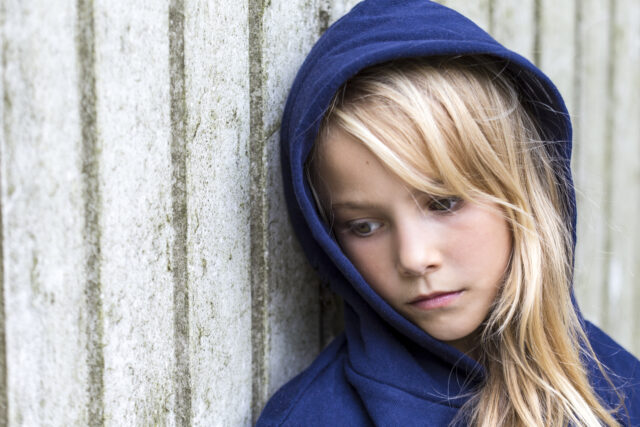
Growing up in a structured and predictable environment can create a preference for control and order. Adults raised by strict parents might feel uncomfortable with ambiguity, change, or unexpected events. As a result, they do everything they can to control their surroundings, micromanage tasks, or create rigid routines to feel safe and secure.
14. They’re terrified of failure and making mistakes.
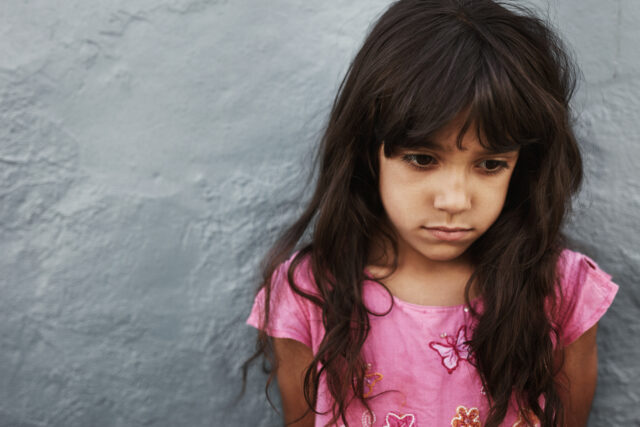
The fear of failure can be deeply ingrained in those raised by strict parents. When mistakes were met with criticism or punishment, it’s natural to develop an aversion to making them. This fear can manifest as perfectionism, risk aversion, and a reluctance to try new things.




